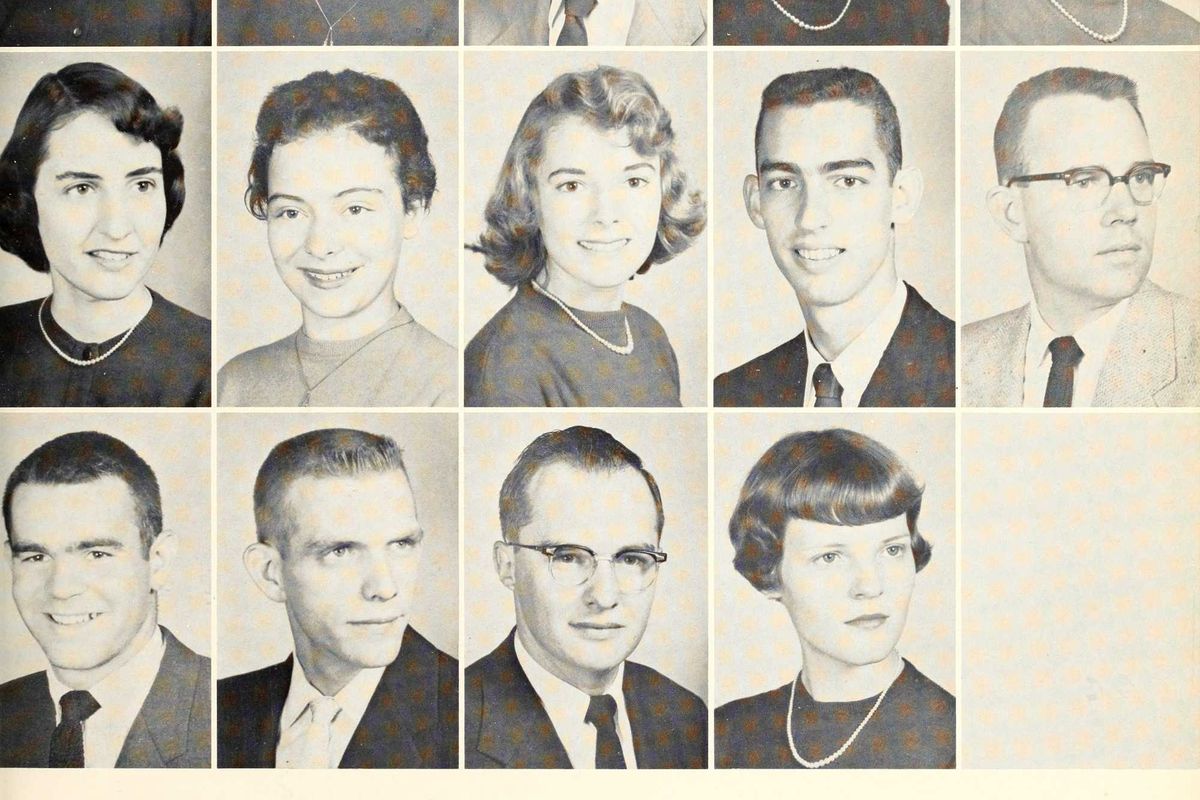The amazing school where grandmothers go to learn to save the world.
The generation powering the developing world isn't the one you think.
Barefoot College is an NGO that is training a new generation of female solar engineers to fuel the rural developing world with renewable energy.
“I think you don't have to look for solutions outside. Look for solutions within. And listen to the people on the ground. They have all the solutions in the world," said Bunker Roy, the founder of Barefoot College in his 2011 TED Talk.
Image by Laura Cleary/Flickr.
Barefoot College does not issue degrees, preferring to teach its students practical knowledge instead.
The unique school in Tilonia, India, opened its doors in 1972. In the past 40 years, it has trained more than 6,000 women from around the world in "barefoot solutions" to problems they face back home, like how to power villages through solar power, create water purification systems, build FM radios, engineer parabolic solar-powered cookstoves, and become midwives, dentists, and teachers.
At the moment, Barefoot College's most successful program focuses on teaching women to become solar engineers. Launched in 1990, it has exceeded all expectations.
By the end of 2015, women from all 43 of the world's least-developed countries will have trained as solar engineers. Their knowledge and skill power an estimated 45,000 rural homes worldwide.
Students at Barefoot College have a few things in common.
1. All of them are women from small, rural communities where electricity is hard — if not impossible — to come by.
The Barefoot model gives them the skills to power their homes and villages with renewables, in exchange for a small monthly fee based on how much they would have spent on candles, kerosene, and wood. This fee really is small — most of these women get by on less than $1 per day.
2. They're likely illiterate or semi-literate.
At most schools, this would be a huge barrier to learning anything — but not at Barefoot College. Here trainees learn from graduates and other teachers — many with the same literacy limitations. Instead of teaching each other to read instructions, they develop skills by following mimed instructions (sometimes delivered via puppet), learning to recognize component parts by shape or color, and through regular practice.
3. Many of the graduates of Barefoot College are grandmothers.
The school makes a point of prioritizing training for “women who are single mothers, middle-aged, divorced, physically challenged or illiterate because they need the employment opportunity and income the most."
Image by Gaganjit Singh/Flickr.
It just goes to show how giving women tools and knowledge can change both their lives and their communities for the better.
After six months of training, the women leave with the skills to build and maintain solar energy systems, and to manage a solar workshop in their own community. As a teacher who worked with Barefoot College writes, the change in their confidence is astounding:
"Their transformation has been astonishing. Transformed into Solar Engineers, but beyond that, into joyous and confident women. Women who worked and laughed and bossed about other women from 7 countries they had never heard of or known existed, in languages they did not speak. I hardly recognize their faces today, so much younger and alive than when they arrived."
Learn more about Barefoot College on their website or on their YouTube channel.





 In a 4-day model, kids often (but not always) receive less instructional time. Photo by
In a 4-day model, kids often (but not always) receive less instructional time. Photo by 
 Smiling at work, checking messages during a break.
Smiling at work, checking messages during a break. Man focused on his phone screen, deep in thought.
Man focused on his phone screen, deep in thought. Focused multitasking at the office.
Focused multitasking at the office.